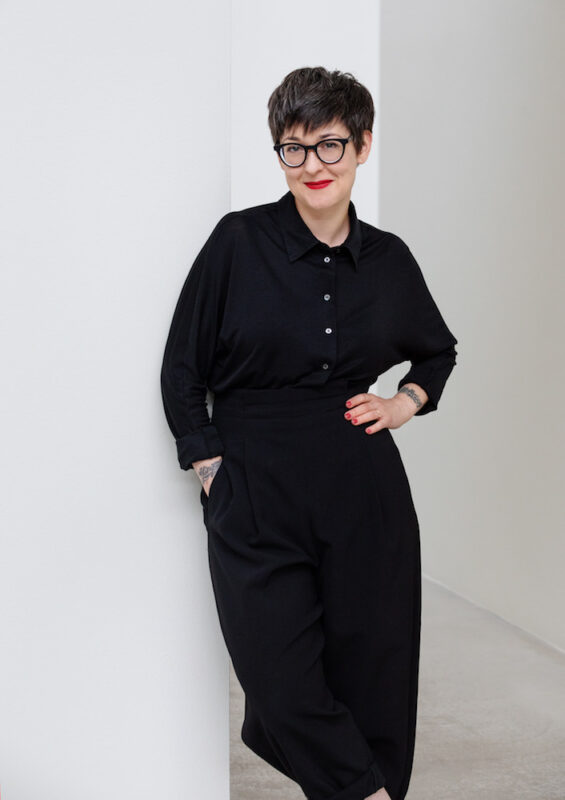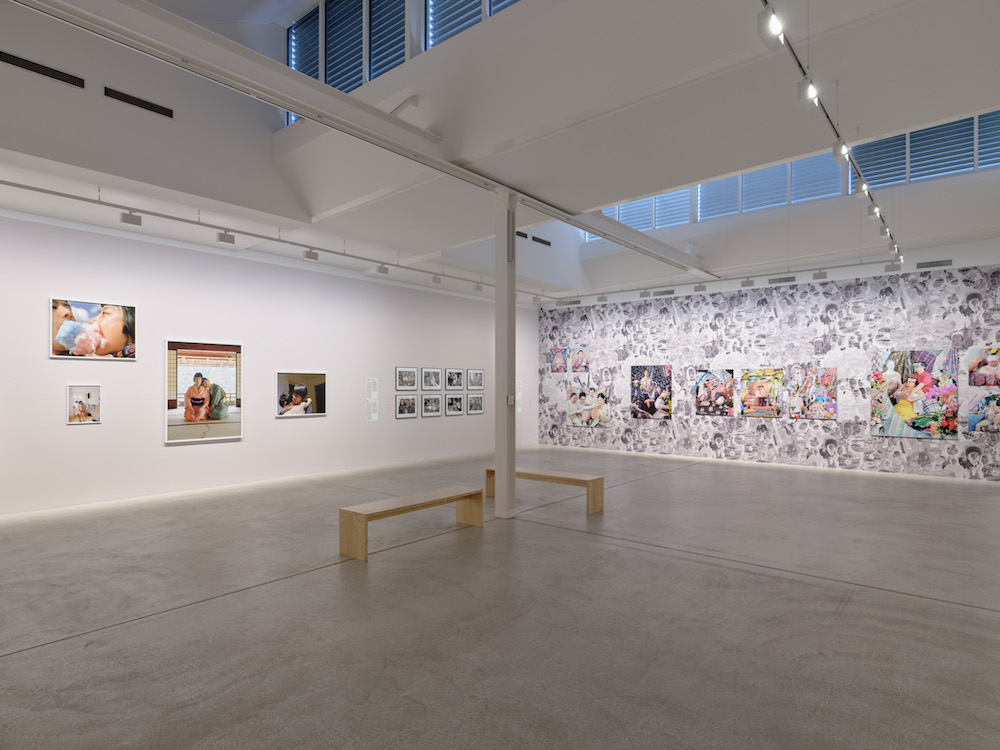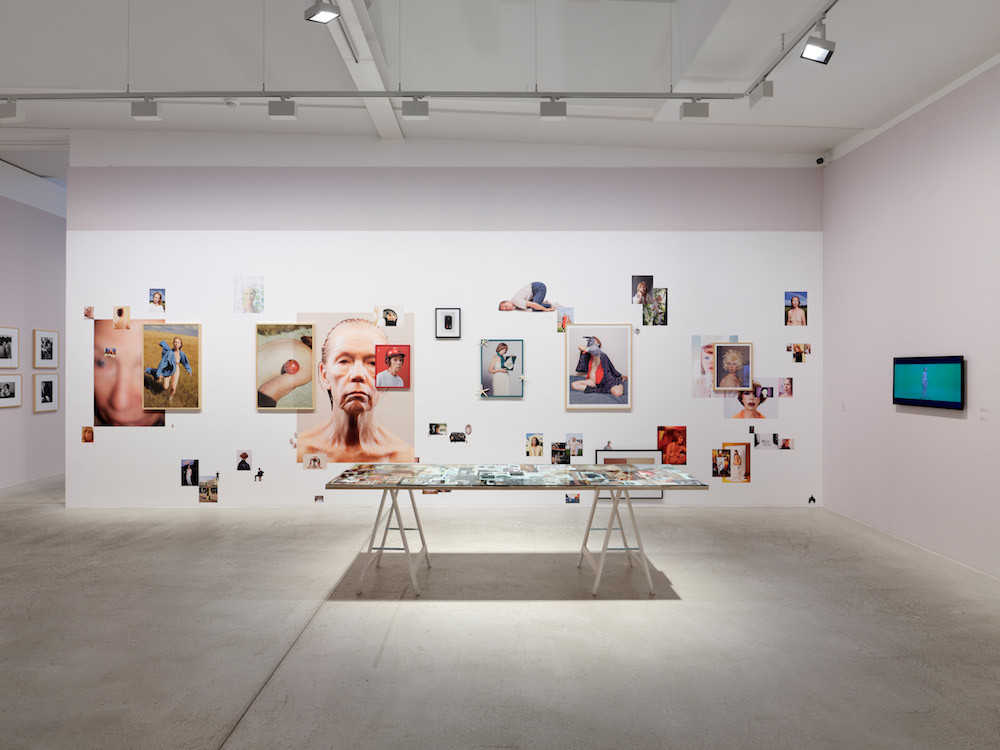How to work better
Nadine Wietlisbach
Director at Fotomuseum Winterthur
“People have opinions and a lot of expectations towards your vision and you as a person”: a brief survival guide for starting out as a museum director, courtesy of Fotomuseum Winterthur’s Nadine Wietlisbach.
Working in my 5th year as Director of Fotomuseum Winterthur, I was asked on several occasions what I wished I would have known when I took up the position in January 2018. This small survival guide was inspired by artist duo Fischli/Weiss, which I sent out to our team during my first week of work as the first female director at the renowned institution with a long history.
Your gut means truth
If your stomach is in knots, something is wrong and needs change. It might be the outcome of an encounter, a moment within a hiring process or simply the wall colour. Sometimes, it will take hours, sometimes years, to find the right solution. Making lists and drawing maps might help to untangle the knot. On the contrary: if your belly region is comfortable, it can also indicate that taking a risk while acknowledging you might fail (because it’s part of a process) makes sense to you in that very moment.[i]
Expectations are gifts and your greatest enemies
People have opinions and a lot of expectations towards your vision and you as a person (not to mention the expectations you’ll have towards yourself). The expectation for you to be present everywhere and at all times will be discussed amongst colleagues, artists and your friends’ uncles. Do not lose too many nights thinking about whether to positively surprise or disappoint people: it’s essential to stay healthy, surrounded by your (chosen) family and regularly take time off. No one is going to salute you for burning out.
Unlearning and sleeping
Unlearn saying “yes” too many times in a row and claim your space to make your own decisions. Always add a night in between decisions of whether you should or shouldn’t add something to your plate. You can suggest a trusted colleague instead or ask for another time frame.
Changes happen – over time
You cannot create the museum of the future[ii] if you are not patient. The urge to constantly hustle is going to follow you like a shadow. Certain changes are two-fold: if you decide on certain programming aspects, like addressing feminist, postcolonial and anti-discriminatory questions, for example, these questions also need to be addressed transversally throughout the institution – otherwise the changes are not sustainable for the next generation stepping into your shoes. And yes, the shadow of impatience is following you dark and cold.
Follow your vision, never stop reflecting
Never stop questioning yourself, but don’t forget to believe in your most important goals. They can function like a set of stars, navigating your spaceship within a vast universe.[iii]
Trust in each other
Museum work always means teamwork: listen and actively open spaces for the ideas of your team members and make sure you agree on the essential parts of programming and being part of the team. Compromises are healthy, but rather in a cheese/no cheese way and not whether to go out or stay home kind of way. Hire – or keep on – people with skills you admire and/or might not have at all, they strengthen the institution and make working together simply better.
The pressure is on
Raising funds constantly and not knowing about whether the outcome is going to be substantial enough to make something happen, or keep things rollin’, is a 24/7 occupation.[iv] It doesn’t get particularly easier over time. Try to get used to it because there’s no remedy. It’s like a decent spot of skin constantly itching.
You are not a pizza
If you consider change to be essential and like to move things around, you’ll most certainly come across people not appreciating your pace. If you are strong-headed and persevering, you will annoy them. Wrap your head around it: you are not a pizza, not everyone likes you.
Your allies are your superpower
Stay in touch and pick up the phone regularly to talk to colleagues in similar positions and stay inspired by people you admire from other fields. Debate with allies is beneficial. Ask for support if you feel weak. Ask elders about their experiences and be considerate in adapting their tips to your contemporary circumstances. Not everything the boomer generation experienced has a lot in common with what you are facing today.
Shift in perspective: no emergency room
The museum or art world can still feel out of touch at times. It’s therefore healthy to remind yourself: you are responsible for content, a team, a structure – not an emergency room. No one is losing their life because you make a mistake. Talking to people outside the bubble – maybe also children – can be eye-opening. Lunch box ideas over finances, ice cream choices over VIP-invitations. In short: choose your everyday battles wisely.
Taking in moments of magic, and being aware of own privileges
Whenever you start installing a show or writing a text, experience a productive workshop or an inspiring artist talk together with colleagues, visitors and allies – take a breather. Being aware of your privileges doing what you love – and having the possibility to even get into this situation to begin with – together with smart, driven and inspirational people, is humbling. Plus, it really does make up for loads of hardship and stressful moments of uncertainty. ♦
Image: Nadine Wietlisbach. Courtesy Fotomuseum Winterthur © Anne Morgenstern
Installation views of Chosen Family – Less Alone Together at Fotomuseum Winterthur from 11 June – 16 October 2022. © Fotomuseum Winterthur / Conradian Frei
—
Nadine Wietlisbach is Director at Fotomuseum Wintherthur, Switzerland.
Footnotes:
[i] Might be one of my favourite feelings
[ii] In my case: empathic, experimental, diverse
[iii] For example, again for me:
- together with a team to create a diverse programme and organise visibility for visual narratives which haven’t had the presence they deserve and/or feel urgent nowadays.
- be as radical as possible about the contemporary and what it means to be a cultural institution in today’s digitally-connected times.
- make it a focus to learn about visual literacy and media competence and activate younger generations to engage with the museum on-site and off-site as well as online.
- stay empathic and kind, be present on this journey with artists, photographers, colleagues, board members and
[iv] If you are lucky to start running a highly-funded institution, congrats! I was never in this position so far, and had to raise funds from 50-70% in regards to the total of an annual budget.




